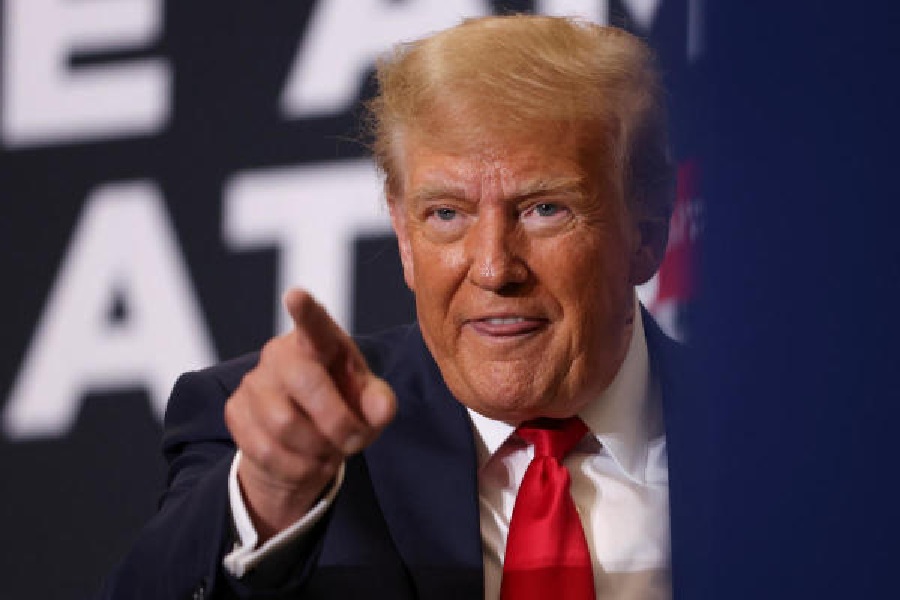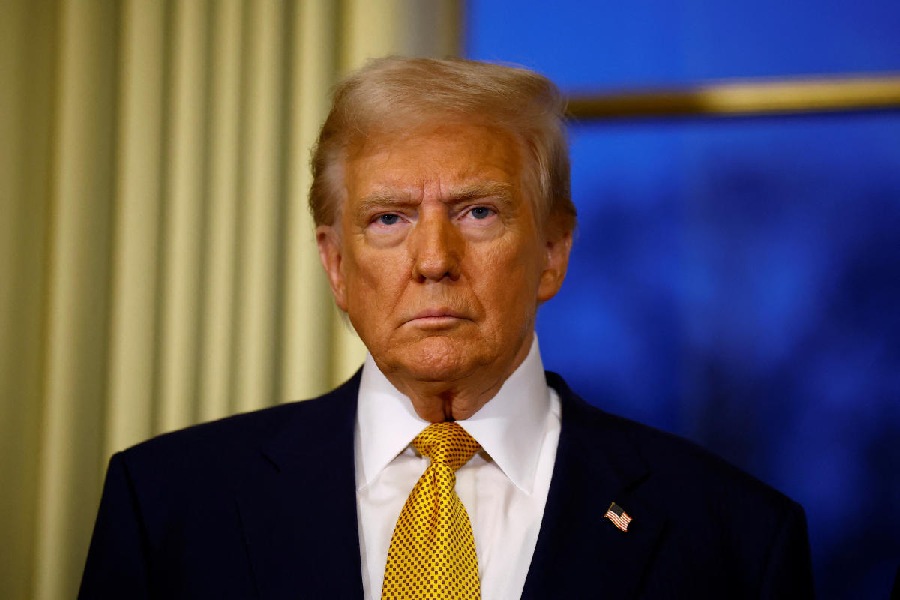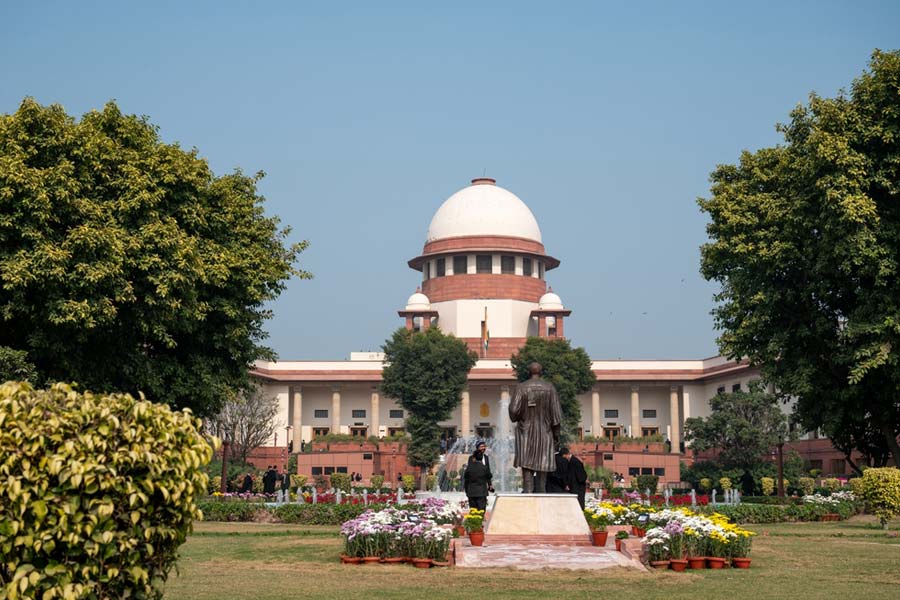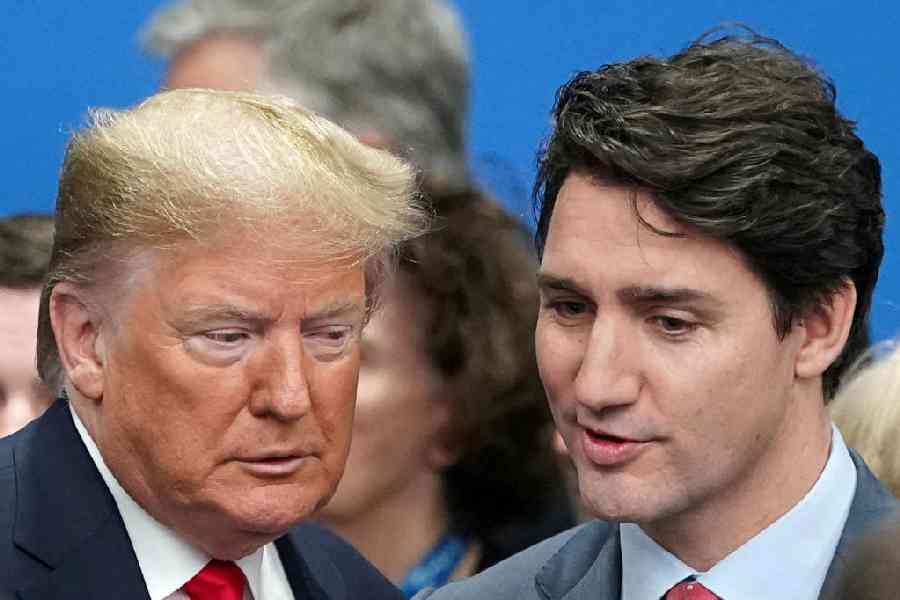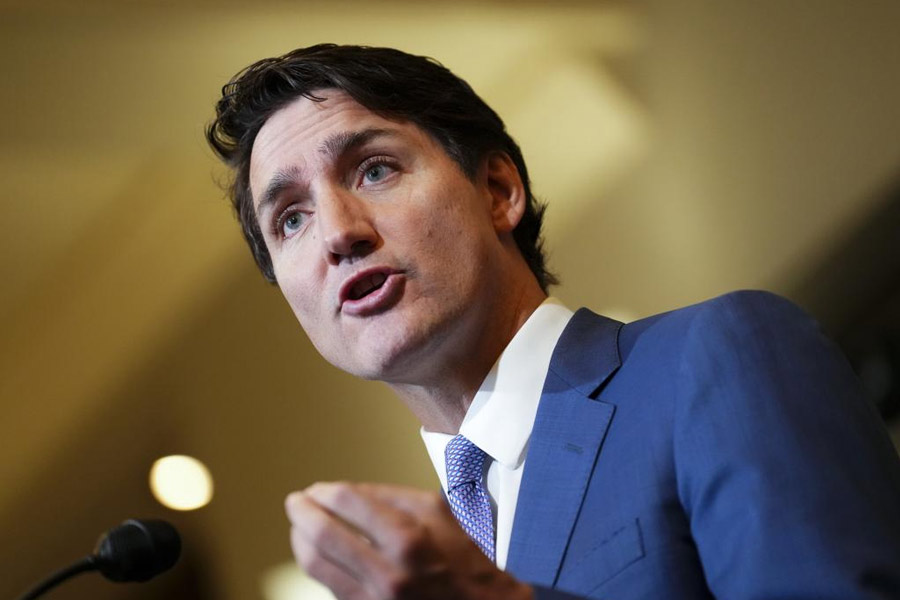Colorado’s top court ruled on Tuesday that former President Donald Trump is disqualified from holding office again because he engaged in insurrection with his actions leading up to the Jan. 6 storming of the Capitol, an explosive ruling that is likely to put the basic contours of the 2024 election in the hands of the US Supreme Court.
The Colorado Supreme Court was the first in the nation to find that Section 3 of the 14th Amendment — which disqualifies people who engage in insurrection against the Constitution after taking an oath to support it — applies to Trump, an argument that his opponents have been making around the country.
The ruling directs the Colorado secretary of state to exclude Trump’s name from the state’s Republican primary ballot. It does not address the general election.
“We do not reach these conclusions lightly,” a four-justice majority wrote, with three justices dissenting. “We are mindful of the magnitude and weight of the questions now before us. We are likewise mindful of our solemn duty to apply the law, without fear or favor, and without being swayed by public reaction to the decisions that the law mandates we reach.”
Trump’s campaign said immediately that it would appeal the decision to the US Supreme Court. The Colorado justices anticipated that likelihood by putting their ruling on hold at least until January 4; if Trump appeals before then, the hold will continue until the Supreme Court rules. And while Tuesday’s ruling applies only to one state, it could all but force the nation’s highest court to decide the question for all 50.
“It’s hard for me to see how they don’t take this one because this certainly seems to be one of those questions that require some national resolution,” said Anthony Michael Kreis, an assistant professor of law at Georgia State University who has closely followed the Colorado case and related lawsuits around the country.
If the justices take up the case, it will join a pile of other Trump-related matters they have agreed on or are likely to decide, including whether he is immune from criminal prosecution for actions he took in office and the scope of an obstruction charge that is central to his federal January 6 case.
The US Supreme Court has a 6-3 conservative majority, with three justices appointed by Trump himself, and it is already under extraordinary political pressure and scrutiny both for its rulings and its justices’ ethics. “Once again, the Supreme Court is being thrust into the centre of a US presidential election,” said Richard L. Hasen, an election law expert at the University of California, Los Angeles, who compared the stakes to Bush v. Gore. “But, unlike in 2000, the general political instability in the US makes the situation now much more precarious.”
In the Colorado court’s lengthy ruling on Tuesday, the justices there reversed a Denver district judge’s finding last month that Section 3 did not apply to the presidency.

